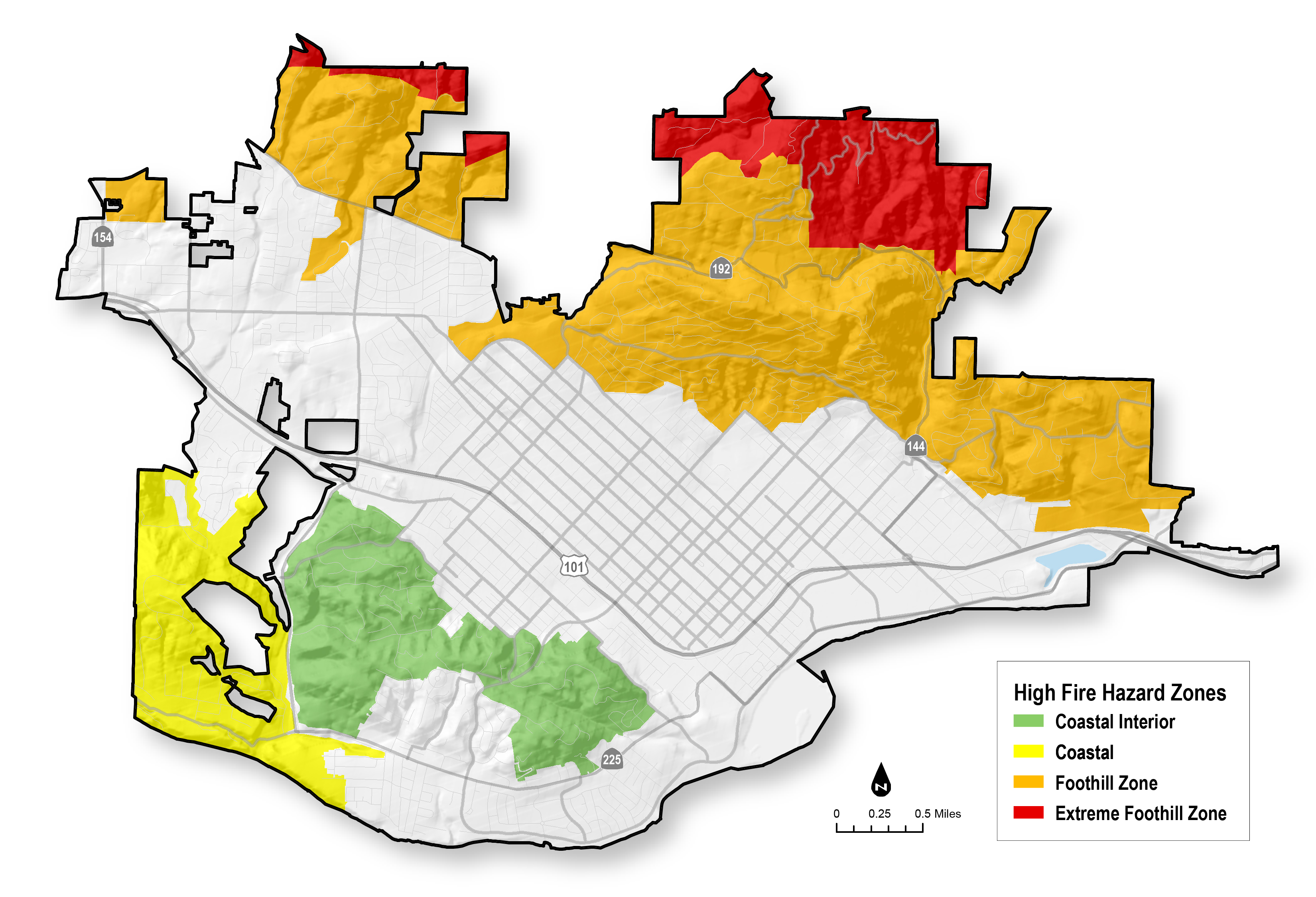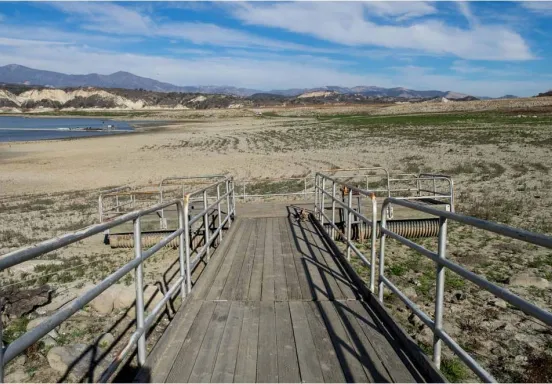17112
16140
Title
Wildland Fire
Body
It is not a matter of “if” another wildfire will occur in our area, but “when.”
If your property is located within the City of Santa Barbara high fire hazard area you are at risk of damage from a wildland fire.
Sections



